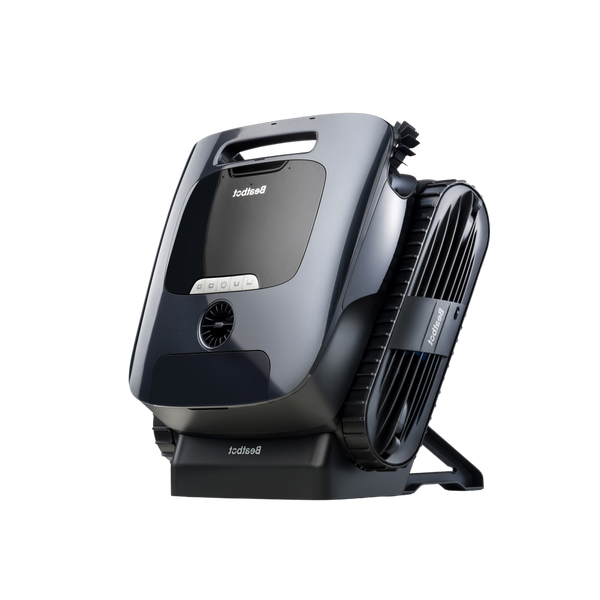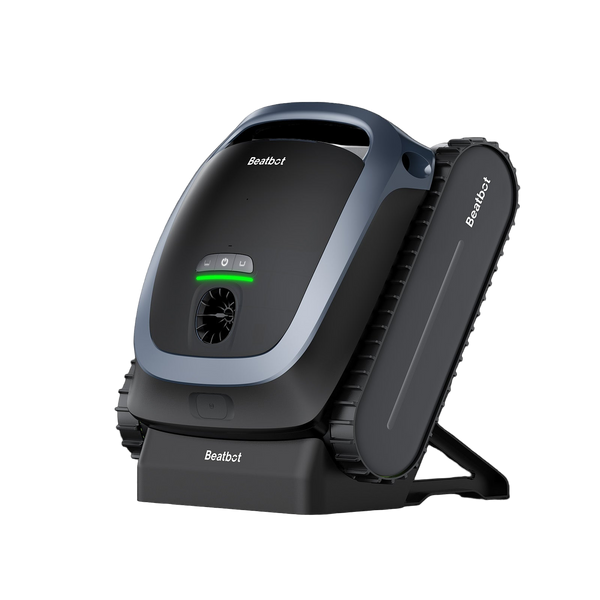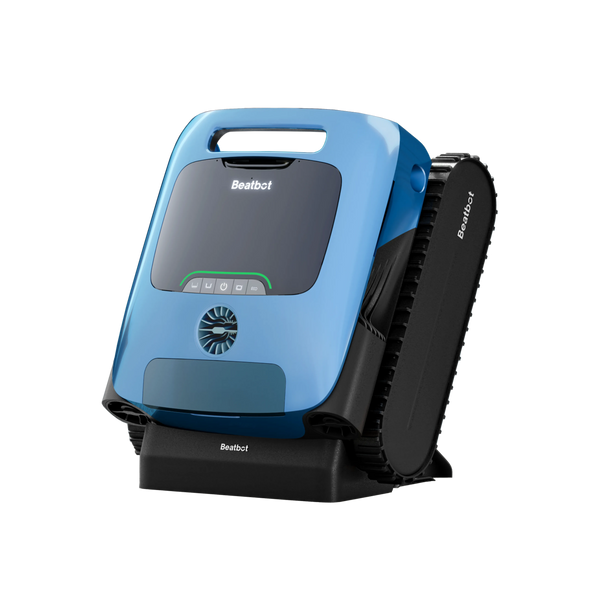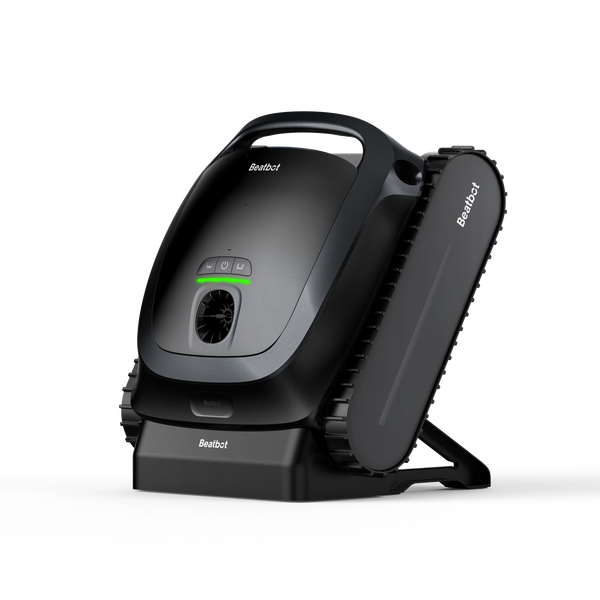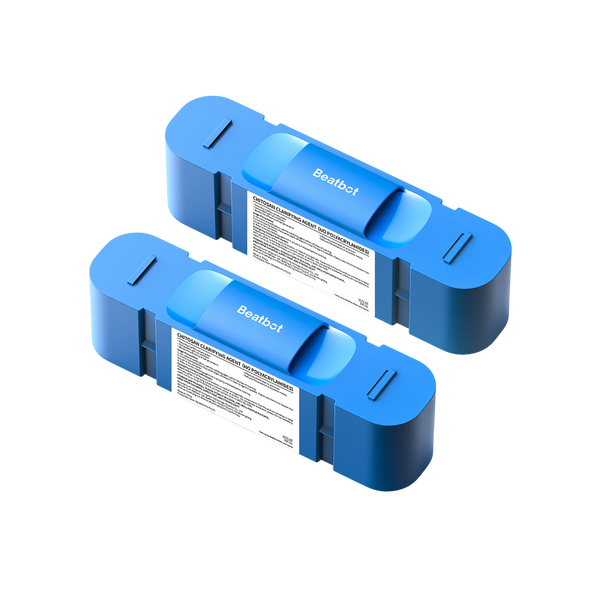Protecting Health and Hygiene: The Risks of Bird Poop in Swimming Pools
Birds are often considered our feathered friends, adding a touch of nature to our backyards. However, the sight of them mingling with our swimming pools is less than ideal, as their droppings raise significant hygiene concerns and a host of risks.
Table of content
How Does Bird Poop End Up in Pools?
Contrary to what you might think, birds are actually quite fond of water, especially still, shallow bodies like swimming pools, which serve as an ideal source of hydration and a bath. If left undisturbed, they'll treat your pool as a safe haven, leading to an accumulation over time. As they splash around, any droppings on their bodies will inevitably find their way into the water.Moreover, even if they don't take a dip, birds flying over your yard can relieve themselves mid-flight, or droppings near the pool can be washed in during sprinkler use, all of which can introduce these contaminants into the water. Thanks to the pool's circulation system, these impurities can quickly spread across the entire water surface.

The Source of Infection: The Dangers of Bird Droppings
Bird droppings may contain bacteria like E. coli, Salmonella, and Campylobacter, which can cause gastrointestinal diseases and bacterial infections if they come into contact with open wounds. Beyond bacteria, some birds carry avian influenza and West Nile virus, posing significant health risks that can turn your pool into a hazardous environment. Here are some diseases that can potentially be caused by bird droppings:
Fungal Diseases
Histoplasmosis: Breathing in spores from the fungus Histoplasma capsulatum can lead to an illness that mimics pneumonia.
- Cryptococcosis: Cryptococcus fungi can cause lung infections and even meningitis, which is a serious concern.
Bacterial Infections
- Salmonellosis: This one's brought to you by Salmonella bacteria. Think diarrhea, fever, and some serious stomach cramps.
- E. coli Infections: Not all E. coli is bad, but the strains that are can really pack a punch, leading to significant foodborne illness.
- Campylobacteriosis: This bacterial infection from Campylobacter can really mess with your gut, causing diarrhea, cramps, and a fever that's hard to ignore.
Viral Diseases
- Avian Influenza: Some strains of bird flu can hit humans hard, with symptoms like fever, cough, sore throat, and muscle aches.
- Newcastle Disease: This one's more of a bird issue, causing flu-like symptoms in our feathered friends, but it rarely affects humans, though minor eye infections have been noted.
Parasitic Diseases:
- Cryptosporidiosis: Cryptosporidium parasites can wreak havoc on your system, leading to intense diarrhea.
- Giardiasis: Giardia parasites are no fun, causing a range of symptoms from diarrhea to stomach cramps and a generally upset tummy.
- Toxoplasmosis: Toxoplasma gondii parasites can cause flu-like symptoms and are particularly risky for those with compromised immune systems.
How to Prevent and Deal with Bird Poop in Your Pool:
To keep bird droppings out of your pool, you can take a variety of simple and effective physical measures that won't harm the birds:
Scare Birds Visually:
Ever seen a scarecrow? These crude, silent guardians can effectively scare off birds. You can apply the same principle to your pool by placing deterrents, mosquito nets, spikes, or reflective objects around it to keep birds at bay.
Regular Cleaning:
No matter what other measures you take, regularly cleaning your pool is always a good idea. Regularly removing leaves and debris from the water's surface not only clears away bird droppings but also effectively discourages birds from landing near your pool.
Covering Objects:
You could also simply cover your pool with a pool cover to prevent bird droppings from falling into the water.
Dealing with Bird Poop in the Pool:
In many cases, despite taking all possible precautions, bird droppings may still end up in the water. Don't worry, though; just follow these steps to effectively deal with the issue.

Supercharge Your Water with Chlorine
First things first, you'll want to give your water a boost with chlorine or another disinfectant. Just follow the directions on the product to make sure you're adding the right amount.
Keep Your pH in Check
Next up, it's all about balance. You'll want to keep your pool's pH level right where it should be, between 7.2 and 7.8. This sweet spot ensures your water is both clean and comfortable to swim in.
Filter Nonstop Until the Coast is Clear
Your filtration system is your pool's best friend. Run it continuously until you're sure there's no trace of any unwanted guests in your water.
Test Regularly and Tweak as Needed
Finally, keep an eye on things by testing your water regularly with test strips. This will tell you if your chemical levels are on point or if they need a little adjustment to keep everything in harmony.By following these steps, you'll ensure your pool is always ready for a refreshing dip.
FAQs
My pool’s small and gets hit with bird poop a lot. How do I keep it clean?
Small pools can feel like bird targets! I’d toss on a snug pool cover when you’re not swimming—it’s a game-changer for blocking droppings. A quick skim with a robotic cleaner like the Beatbot iSkim Ultra also grabs any stray bits before they spread, keeping your water safe.
It’s super windy where I live. How do I stop bird droppings from blowing into the pool?
Windy days are tough for pools. I’d set up some shiny reflective tape or a fake owl near the pool to scare birds off before they drop anything. If stuff still blows in, shock the water with chlorine and run the filter nonstop to clear it out fast.
I’ve got kids swimming daily. How do I make sure bird poop doesn’t make them sick?
Kids splash a lot, so safety’s key. I’d boost chlorine to 2 ppm after spotting any droppings and keep pH around 7.4. A robotic cleaner like the AquaSense 2 Series can scrub out contaminants quick, giving you peace of mind for those little swimmers.
Can I use plants to keep birds away from my pool without attracting them?
Oh yeah, some plants work wonders! I’d plant prickly ones like rose bushes around the pool—birds hate them. Avoid sweet berry plants, though, since they’re like a bird buffet and could draw more droppings your way.
What if I find bird poop in my pool after a party? How do I clean it up?
Post-party poop’s no fun. I’d scoop it out with a net first, then add a chlorine shock to kill bacteria like E. coli. Keep the filter running for a day and test the water to make sure it’s balanced before anyone dives back in.
Relative Blogs
About the author


